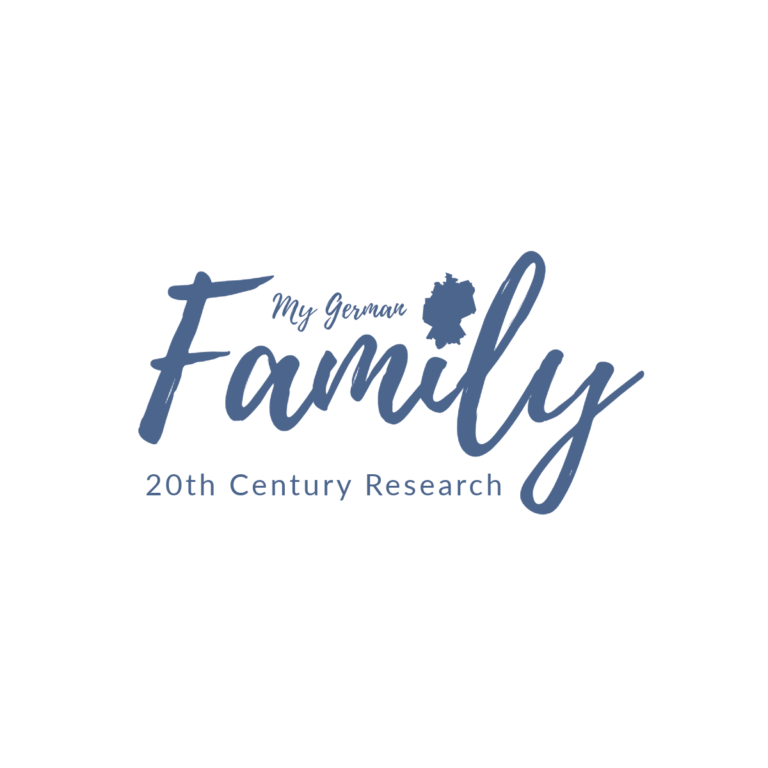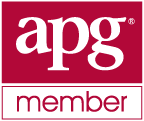Education
See what people are saying about my webinars
- “Outstanding presentation and syllabus! Best I have ever seen done on the subject!”
- Well organized huge presentation – easy to follow along. Wonderful to learn the many reasons over time for emigrations from ‘Germany’. And the possible places to look for records driven by governing and social changes.”
- “This was a superior presentation, well organized, and very interesting to anyone who has German ancestry.”
- “This webinar was PURE GOLD for information and details! I loved it!”
- “Great to have an extremely knowledgeable speaker from Germany giving the talk about research in Germany. She was very well rehearsed and the handout is magnificent!“
- “Excellent and very interesting!! The hour just flew by!”
- “Wunderbar!!!“
Explore our latest webinar offerings here! Please feel free to reach out to us with any questions and inquiries.
Join Us for Our Live Webinars
Recordings Available at German Genealogy Headquarters
Stamped, Signed… and Finally Found! Hands-On with German Civil Records
This event builds on the material presented at our September 6 symposium. We’ll guide you through the process of finding civil registration records from various regions of Germany and the former German Empire—and show you how to request them from the appropriate offices and archives. Then we’ll apply these strategies to real-life research problems submitted by participants.
German Genealogy Headquarters, Saturday, 8 November 2025, 10:00 a.m.
OUR ANCESTORS’ WORLD – German History and the Role of the Church in Everyday Life
You will receive access to the recording of four expert presentations. The recording of our symposium is an invaluable resource for genealogists seeking to deepen their understanding of German history and uncover more about their ancestors’ lives. Learn more about the evolution of Germany before 1871, the lasting impact of key church history events, the value of church books for local history research, and the significance of social status designations in church records. Also, you will receive a handout to each presentation.
CHURCH RECORDS – A Deep Dive into the Core Resource for German Genealogy
You will receive access to the recording of four expert presentations. The recording of our symposium is an invaluable resource for genealogists seeking to deepen their understanding of German church records and uncover more about their ancestors’ lives. Learn more about where to locate the church records, how to effectively combine genealogical databases and what information Protestant and Catholic church records hold. Also, you will receive a handout to each presentation.
THE WINDS OF CHANGE – 19th Century German History and Culture: Overseas Emigration
You will receive access to the recording of four expert presentations. This recorded video explores 19th-century German history and its profound influence on emigration. Learn about the political and social changes that shaped daily life, the reasons millions left their homeland, and the journey they took to new destinations. Discover key emigration records, from departure documents to passenger lists, and uncover valuable research insights. Whether you’re tracing your ancestors or seeking historical context, this video will enhance your understanding of German emigration. Also, you will receive a handout to each presentation.
THE WINDS OF CHANGE – 19th Century German History and Culture: Industrialization and Internal Migration
You will receive access to the recording of four expert presentations and a handout for each presentation. These presentations explore the impact of 19th-century industrialization and migration within Europe. We begin with the transformation of Germany into an industrial powerhouse, followed by a look at labour-related migration across the continent. We’ll then examine key sources for tracking migrants’ movements and lives, and finally, dive into real case studies that bring these historical journeys to life.
FROM BRICK WALLS TO BREAKTHROUGHS: Researching Families with Impermanent Jobs
You will receive access to the recording of two expert presentations and a handout for each presentation. Stuck on families with impermanent jobs? Let me help you find your way! Researching families who didn’t have steady jobs can be tricky, but it’s not impossible! In these presentations, I’ll take you through the fascinating story of the Stange family across two generations. You’ll discover practical tips, strategies, and a few of my own tricks to make your research more successful. If you’ve ever hit a brick wall, this session is for you. Get ready to turn challenges into breakthroughs and uncover stories you didn’t think were possible!
Family Law According to the Prussian Civil Code 1794-1899
You will receive access to the recording of one expert presentations and a handout. Prussian subjects lived under a strict, hierarchical system with moral codes. Understanding these rules offers valuable insights for your research and is, in fact, quite entertaining.
Unique Challenges of DNA Research in Germanic Europe
DNA & Identity: Solving Family Mysteries in German-Speaking Europe
Discover how to tackle the unique challenges of DNA research in Germany and neighbouring regions, where privacy laws, migration patterns, and cultural context require more than just genetic know-how.
Stamped, Signed, and Registered: Mastering German Civil Records
Stamped, Signed, and Registered: Mastering German Civil Records
This series of seminars focuses on the history and practical use of civil registration records in German territories, starting with their introduction in French-occupied regions in 1793 and leading up to the standardized systems adopted in 1874/1876. The discussions will cover comparisons between civil and church records, insights on interpreting standardized and marginal notes, and tips on using these records for genealogical and historical research.
Webinars Available at Legacy Family Tree Webinars (paid subscription)
Moving, Moving, Moving! Migration Patterns within Germany (Intermediate)
Despite their reputation for being rooted to their localities, Germans do have a history of migration within their own country, especially after the onset of industrialization in the mid-19th century. In this presentation, we will explore the various patterns of internal migration, and offer guidance on how to navigate these movements to aid in your search for ancestors.
Finding Your Ancestor’s German Hometown (Beginners/Intermediate), 2016
You can’t find the place your German ancestors came from? This presentation will help you gather information on how to find the place they called home. We will investigate passenger lists and emigration records as well and look at what information their name and their faith can provide.
Luther, Napoleon, and the Kaiser - German History for Genealogists (Beginners)
In Germany, more and more directories are online, and some of them are even indexed. This presentation will tell you where to find them, show you how to work with them, and explain how to interpret the information typical for German directories.
Finding Your Ancestors in German Directories (Beginners)
In Germany, more and more directories are online, and some of them are even indexed. This presentation will tell you where to find them, show you how to work with them, and explain how to interpret the information typical for German directories.


